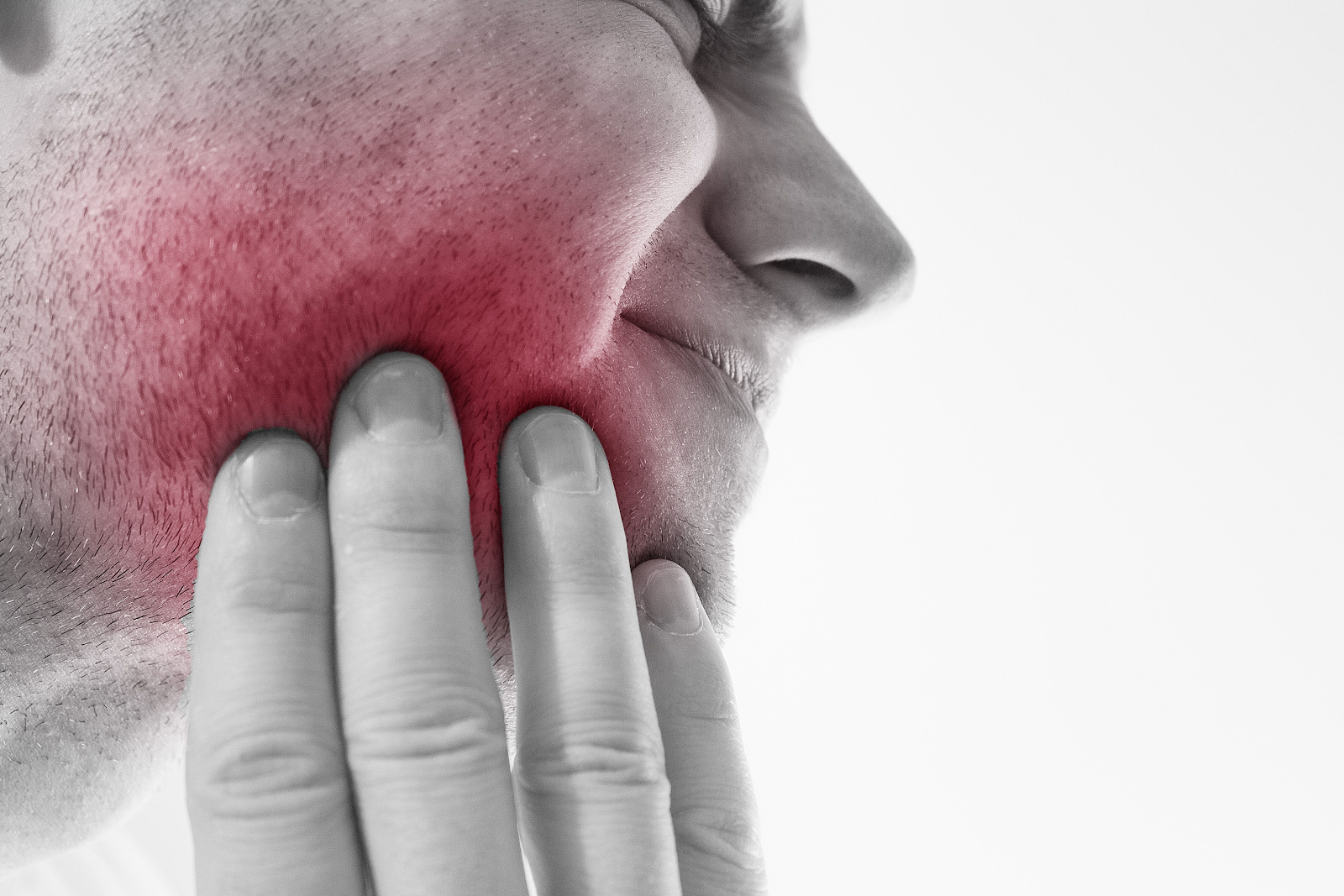When it comes to your tooth pain, the sensations you get can tell you much about the underlying causes. From the pain’s duration to whether it’s a sharp pain or more of the dull throbbing variety, each instance of toothaches and tooth pain will tell you what caused it if you know the basic signs. Your dentist can help you determine the actual underlying cause, but first, knowing that there is a problem that won’t go away by ignoring it is the first step for dealing with acute tooth pain.
What If My Tooth Pain is Sharp?
Sharp and shooting pains are some of the most common forms of tooth pain people experience. Teeth sensitivity to hot, cold, sweet, and sour foods and liquids can generate some form of shooting pain reaction in people. This type of sensitivity and pain can be caused by damage directly to your teeth. Some of the common causes of this type of short-term pain include:
- Cavities
- A cracked tooth
- Exposed tooth roots
When your inner tooth becomes exposed to outside substances, they become much more sensitive. Typically, the inside of your tooth, commonly referred to as pulp, is protected by three layers of protection; enamel, cementum, and dentin. When these layers become compromised by way of cavities or cracked teeth, the chances of frequent tooth pain increases.
How About This Dull Throbbing Ache?
In the case of an ongoing dull and throbbing pain that lasts for days at a time, it’s an indication of an infection more often than not. Tooth infections require a visit to your dentist so they can examine the problem and develop a treatment strategy moving forward.
What Are My Treatment Options?
Once you schedule your general dentistry appointment near Middlesex County, NJ, you’ll want to know how your dentist will be able to help address your ongoing tooth pain. The treatment strategy will take shape based on the type of pain you currently feel and the underlying causes. In the case of sharp pain caused by sustained enamel damage, a treatment plan revolving around repair will prove the most beneficial. Procedures such as filling cavities, replacing dental crowns, or applying new topical varnish can help alleviate your ongoing tooth pain.
For the throbbing pain, the underlying cause also dictates the course of treatment. If the reason is indeed an infection, then your dentist will work to uncover the direct cause of it. Once the source has been narrowed down, directly dealing with the infected tissue, such as with a root canal, can be considered. It all comes down to knowing and understanding the leading causes of your tooth pain.
Don’t try and go through recurring tooth pain by yourself. Contact Hamilton Dental to schedule your next appointment today!







